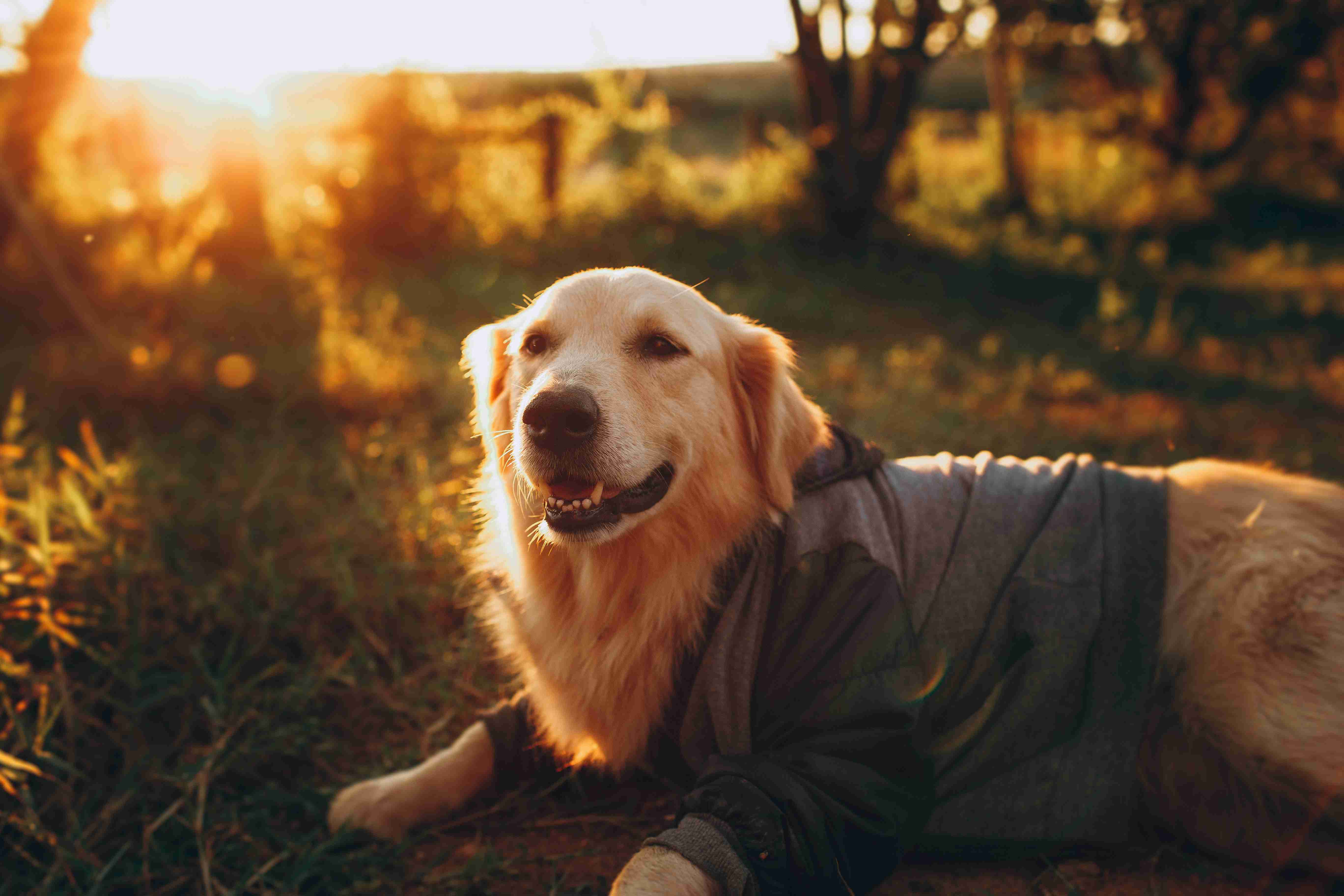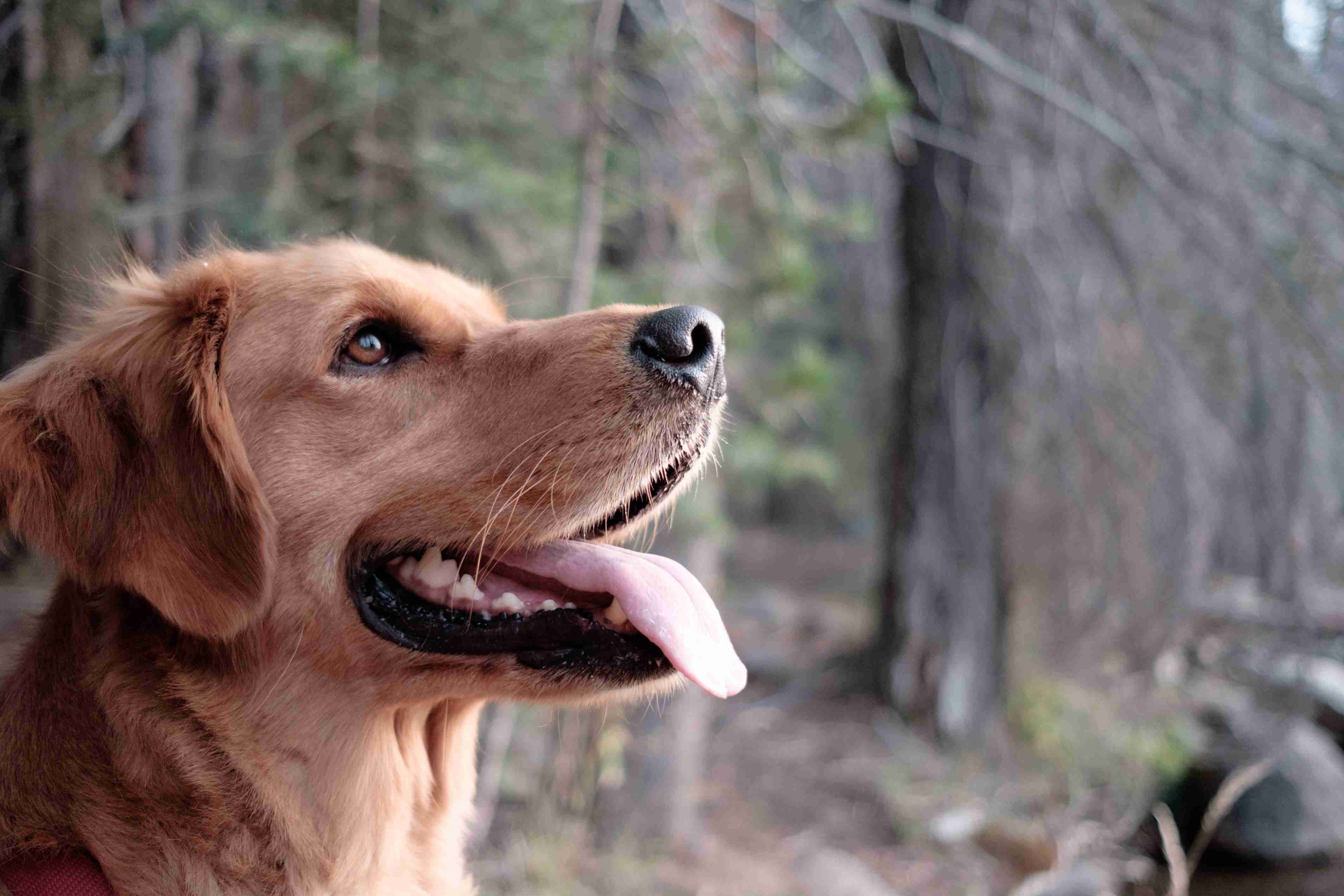Can dogs get Monkeypox? The answer, as of now, is that we don’t know. No cases of dog monkeypox have been reported yet, but the full host range for the virus is still unknown. The good news is that, so far, it seems that dogs and cats are not very susceptible to the virus. However, antibodies to monkeypox have been found in a wide variety of animals in Africa, so it’s possible that other domestic species could be susceptible.
August 16th, 2022 Update: The CDC says humans spread monkeypox to their pet dogs.
A recent case of monkeypox has spread from humans to pets, leading to the first confirmed instance of human-to-pet infection. The report provides details on how the virus infected a dog and what this means for future cases.
The finding was published in the Lancet and it revealed that the dog contracted monkeypox after its owners, a French couple, had sexual contact with other people. Almost two weeks after being diagnosed themselves, the couple noticed their Italian greyhound had developed characteristic monkeypox pustules on its stomach.
A PCR test was performed on the dog to verify that it had monkeypox. The owners stated that their dog had slept in their bed from the start of its symptoms, which occurred 13 days before his pustules developed, and they made special efforts to keep him away from other pets and people throughout that time.
“Our findings should prompt debate on the need to isolate pets from monkeypox virus-positive individuals,” the researchers wrote. “We call for further investigation on secondary transmissions via pets.”
With the recent news about monkeypox in dogs, you may be wondering how it spreads and how to keep your own pets safe. Here is what you need to know.
What animals can get monkeypox?
The monkeypox virus has been found in a wide variety of animals, including:
- Nonhuman primates
- Rodents
- Squirrels
However, to date, there have been no reported cases of monkeypox in dogs or cats. The full host range of the virus is still unknown, so it’s possible that these and other domestic species may be susceptible. Antibodies to the monkeypox virus have been found in dogs in Africa, suggesting that they may be at risk for contracting the disease. However, more research is needed to confirm this.
Can dogs get monkeypox?
The answer is maybe. While there have been no reported cases of dogs or cats contracting monkeypox, the full host range is still unknown. This means that other domestic species may be susceptible to the virus.

Monkeypox is a zoonotic disease, meaning it can be transmitted from animals to humans. The virus that causes monkeypox is closely related to the one that causes smallpox in humans. However, monkeypox is usually less severe and has a lower mortality rate than smallpox.
What are the Symptoms of MonkeyPox?
Symptoms of monkeypox in humans include fever, rash, and headaches. The incubation period (the time from exposure to symptoms) for monkeypox is usually between seven and fourteen days but can be as long as nineteen days. There is no specific treatment for monkeypox, but the disease is generally self-limiting and will resolve on its own.
What to do if your dog gets MoneyPox?
If you think your dog may have been exposed to monkeypox, it is important to contact your veterinarian right away. They will be able to help you determine if your dog is at risk and how to best protect them. In the meantime, there are a few things you can do to help prevent the spread of monkeypox:
- Wash your hands thoroughly with soap and water after handling your dog
- Avoid sharing food or toys with your dog
- Keep your dog away from other animals
- Monitor your dog for any signs of illness, such as fever, rash, or headaches.
By taking these precautions, you can help protect your dog from monkeypox and other diseases.
Can cats get monkeypox?
No cases of monkeypox have been reported in dogs or cats to date, but the full host range is still unknown. Antibodies to the monkeypox virus have been found in a wide variety of nonhuman primates, rodents, and squirrels in Africa. It’s possible that other domestic animals like dogs and cats could be susceptible to the virus as well.
Until more is known about this virus, it’s best to err on the side of caution and keep your pets away from any animals that could be infected. If you think your pet has come into contact with a monkey or other potentially infected animal, please contact your veterinarian right away.
What is monkeypox and how is it transmitted?

Monkeypox is a zoonotic disease caused by the monkeypox virus. The virus is transmitted to humans from infected animals, typically monkeys, rats, and squirrels. It can also be spread from person to person through contact with contaminated body fluids or objects.
Symptoms of monkeypox include fever, headache, muscle aches, and a rash that progresses from red bumps to fluid-filled blisters. In severe cases, monkeypox can lead to pneumonia and death. There is no specific treatment for monkeypox and no vaccine available for prevention. Treatment focuses on relieving symptoms and supporting the respiratory system.
The first known outbreak of monkeypox occurred in Zaire (now the Democratic Republic of Congo) in 1970-1971. Since then, there have been sporadic outbreaks in Africa. The most recent outbreak occurred in the Democratic Republic of Congo in 2017-2018.
There is no specific treatment for monkeypox and no vaccine available for prevention. Treatment focuses on relieving symptoms and supporting the respiratory system. If you think you or your pet has come into contact with the monkeypox virus, please see a doctor or veterinarian immediately.
How does monkeypox spread from person to person?

Monkeypox is thought to spread from person to person through close contacts, such as:
- Touching or handling monkeypox-infected animals
- Direct contact with monkeypox lesions or body fluids of a sick person
- Close contact with a sick person who has monkeypox, such as being in the same household or caring for them
A person can also get monkeypox if they breathe in air that contains the virus. This could happen if someone with monkeypox coughs or sneezes around you. You can also get monkeypox from coming into contact with contaminated objects, like bedding, clothing, or furniture.
If you touch these things and then touch your eyes, nose, or mouth, you could become infected. It’s also possible, although rare, to get monkeypox from eating infected animals, like primates or squirrels.
There is no evidence that dogs or other domestic animals can spread monkeypox to people. However, you should avoid contact with any animal that has signs of illness and wash your hands after handling any animal. If you have questions about your risk of exposure to monkeypox, please contact your healthcare provider.
If you think you might have come into contact with the monkeypox virus, please see a healthcare provider right away. Symptoms usually start within two weeks after exposure and can include:
- Fever
- Headache
- Muscle aches
- Backache
- Swollen lymph nodes
- Chills
- Exhaustion
A rash can also develop, usually starting on the face and then spreading to other parts of the body. The monkeypox rash starts as small bumps that turn into fluid-filled blisters. The monkeypox virus is similar to the smallpox virus and, in rare cases, can be deadly.
However, most people recover from monkeypox with no lasting problems. There is no specific treatment for monkeypox and no vaccine available for prevention. However, if you have questions about your risk of exposure to monkeypox or think you might have been exposed, please contact your healthcare provider right away.

How do you treat monkeypox in animals?
There is no specific treatment for monkeypox in animals. However, dogs and cats that develop monkeypox may be treated symptomatically with antipyretics, analgesics, and antihistamines. Antibiotic therapy may also be indicated if secondary bacterial infections are present. infected animals should be isolated from other animals to prevent the spread of disease.
How can you protect your dog from monkeypox?
There is currently no vaccine available to u003ca href=u0022https://www.petwah.com/dog-food/why-do-dogs-eat-grass-5-possible-explanations/u0022 data-type=u0022postu0022 data-id=u00222248u0022u003eprotect dogsu003c/au003e against monkeypox. The best way to protect your dog is to avoid contact with any animal that may be infected with the virus, as well as to avoid areas where outbreaks have occurred. If you must travel to an area where there is a risk of exposure, talk to your veterinarian about the best way to protect your dog.
What are the chances my dog will get monkeypox?
The risk of dogs becoming infected with monkeypox is currently considered to be below. However, the virus is present in many parts of Africa and outbreaks can occur. If you have questions or concerns about monkeypox, talk to your veterinarian. They can help you assess the risks and take steps to protect your dog.
How do you prevent monkeypox in animals?
The best way to prevent monkeypox in animals is to avoid contact with infected animals or people. If you must handle an infected animal, wear gloves, a mask, and protective clothing. Avoid exposure to the animal’s blood or body fluids. Vaccinate all dogs and cats against rabies and keep them up-to-date on their vaccinations. If you think your pet has been exposed to monkeypox, contact your veterinarian immediately.
How do you prevent Monkey Pox in humans?
Monkeypox can be prevented through vaccination with the smallpox (vaccinia) vaccine. The vaccine is given as a series of two doses, four weeks apart. The smallpox vaccine is no longer available in the United States; however, it is still available in some other countries. If you are traveling to an area where monkeypox is common, talk to your doctor about getting vaccinated before you go.





.jpg)
%20-%20Copy%20-%20Copy.jpg)
